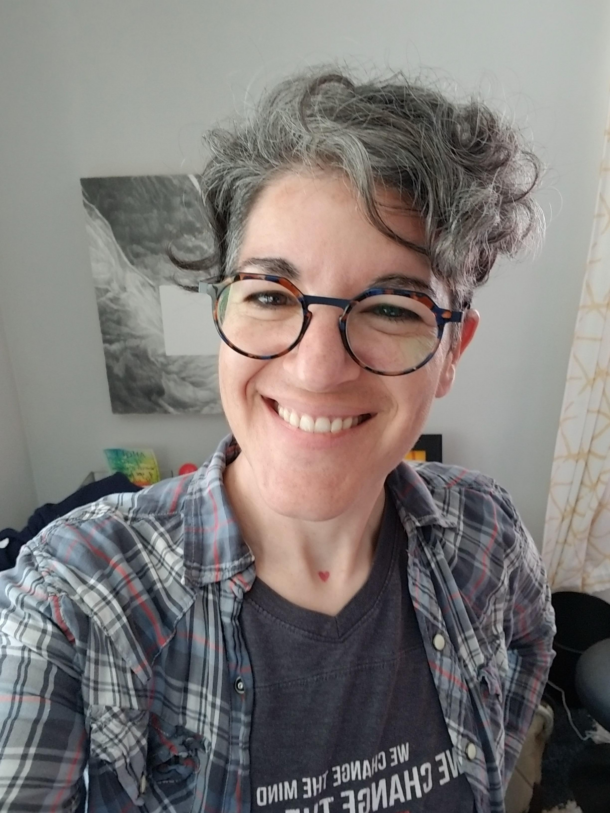It was 2004 or so when I first heard of the Slow Foods Movement. Started in Italy, Slow Foods was a reaction to, you guessed it, fast food. The movement embraces the way our culture lives in food long after the traditional dress, customs, and even language fades. It celebrates people who craft food products – those who transform simple ingredients into sustenance and delight and that includes, perhaps especially, those who transform dirt and sunlight into fruits and grains and vegetables and meats.
When I attended my first convivum gathering – that’s what they call gatherings of Slow Foods members and if the word feels familiar, you’ve already guessed that it’s from the same root as the word that describes the feeling of the meetings, convivial – it was a revelation for me.
That is to say, the joy of it was a revelation for me.
The greatest gift I received from an elementary school experience that was pretty doggone challenging was an introduction to the Jewish ethic of Tikkun Olam, the idea that we each have the individual responsibility (and therefore ability) to make positive change in the world. As a school, we raised money and walked to combat hunger. We wrote letter to Jews who were then all but imprisoned in the USSR, knowing our carefully vetted words would likely be carefully vetted by government censors who would note Americans paying attention to the treatment of people halfway around the world. During my first year in public school, I learned about the environmental degradation well underway and became a holy terror of recycling and water conservation at home.
These were powerful experiences, but they were not joyful.
And then there I was, sharing from a buffet of lovingly handmade foods, beginning to learn about the politics and environmental, social, and economic implications of our food system, and it was full-on, heart-warming, belly-filling joyful. And it was still a part of making positive change in the world.
Our brains and, perhaps consequently, our media outlets are wired to collect the grim and dangerous. Our survival depends on cuing into the information that a twig cracking sometimes precedes a saber-tooth tiger attack.
Joy is no less critical to our survival, though. There is a piece of sculpture by Dario Robleto, two pelvic bones, one perched gently atop the other. One is made of ground and reformed records that had been owned by his mother; the other, records owned by his father. It’s a cheeky sculpture, no doubt, and honest and a beautiful reflection on the joy and passion that led to his very creation.
I am not and do not advocate a turning away from the horrors of this world; Tikkun Olam requires that we know where to apply the shovel and pick and bandages and ice.
Tikkun Olam also requires that we have the energy to heft the shovel and pick, that we have the heart to apply yet another bandage and ice pack, and that energy and heart require joy.
Dig a little deeper into your web browser and you will find that not only are the vast majority of demonstrations for Black lives peaceful, many are even joyful, incorporating music and dance, art and community gardens. You will find that while the West coast burns, there are still weddings and birthdays and birth days. You will find, across this country, kitchens packed with Sikhs or Baptists or Jews or atheists who are lovingly transforming ingredients into sustenance for the millions who were already struggling before the pandemic and the millions more who are new to the struggle for survival.
There is a breath-taking amount of hardship in these lives of ours, and it is all too easy to be swept away in its rip tide. To also seek out joy, to also relish in it where you find it or when you create it, to allow yourself laughter and celebration and dance and music – that is what keeps our heads above water; that’s what gives us the energy to keep paddling even as our muscles sear.
The Bigger Badder Crew is a place where all of the feelings and experiences find safe harbor, including pain, including joy, and always including a few deep, refreshing breaths at the end. If you’d like some one-on-one time with me, I’ve got that, too.
